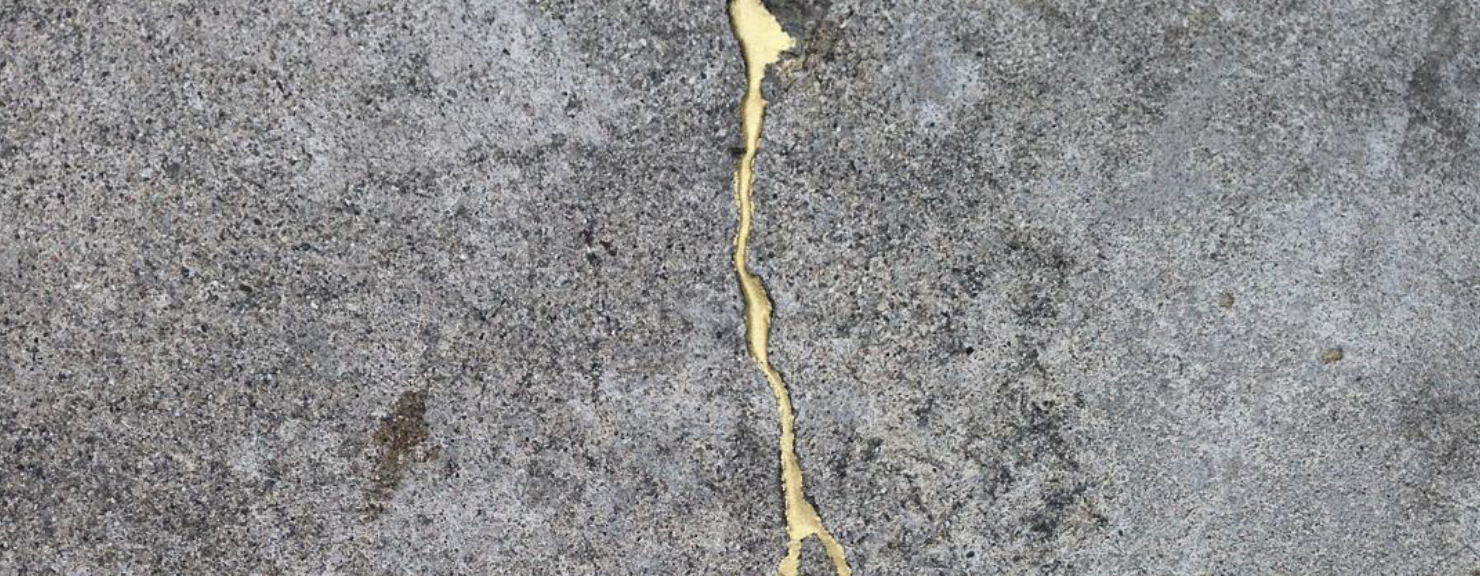It’s time to unify your team
After more than two years of contextual non-sequiturs and physical dislocation, I see a lot of teams that feel fragmented and out of step right now.
I see teams languishing in logistical confusion. Scrabbling to make sense of a hybrid world where whichever location or platform you are on, you feel like you should be someone else.
I see teams that are feeling fractious and mistrustful. Where individuals are unsure of the intentions of colleagues they really don’t know well, uncertain of their own role and contribution.
I see teams that are rattling around in abandoned palaces. Spectacular offices built for a different plan, for different purposes, rumbling on as if normality will return any moment, whilst knowing that it really won’t.
I see teams that have stopped making decisions. Who have become so suspicious of the volatility of their context that they are trying to pursue all paths, cautiously and simultaneously. Which is pretty similar to pursuing none of them.
There are exceptions. I’m delighted to work with some teams that are taking mighty strides forward together, building and growing. But in reality, many more aren’t.
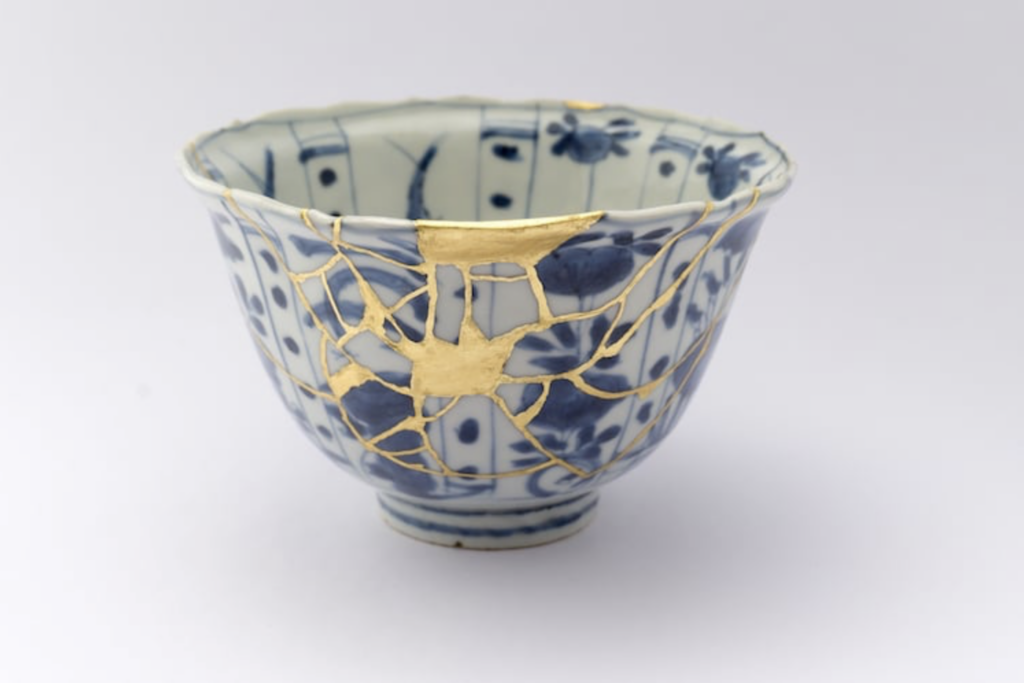
What we lost in the fire
It’s been a volatile time, which has disrupted a lot of assumptions. But heaven knows we should be used to that by now.
And the volatility isn’t going to slow down. If the major crises of our time are crises of climate, of attention, of inequality, of fragmentation, it’s fair to say we are in the foothills, not at the peak.
But the thread I see between these teams that are struggling is not resistance to change. People have learnt to be agile, and flexible. To be a little bit more autonomous.
What they are struggling for is that lost sense of unity.
Things, and people, have fallen apart. We’ve improvised, and found a way through it, but something has been lost.
And relying on a gradual, organic flow back to normal isn’t going to fix what’s been broken.
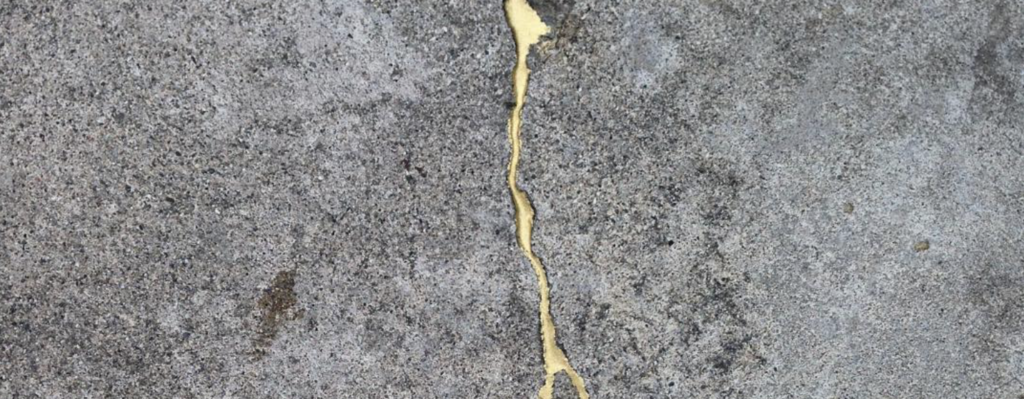
Mending with gold
Kintsugi is a Japanese art of repairing what’s broken.
It’s an ancient craft in which cracks in pottery are mended with a lacquer that includes powdered precious metal, in particular gold.
It’s a craft that involves two key ideas that could perhaps feel out of step with the times.
The first is a determination to treasure and mend what has been broken, rather than to move on to the new.
The second is to embrace the imperfection – in fact to draw attention to it, and to illuminate it.
The end result is something that is more than just a restoration. It’s the creation of a new thing that is more resonant, more beautiful, more perfect for its imperfections.
And I feel this is resonant when it comes to thinking about these beautiful, broken teams that we have all around us.
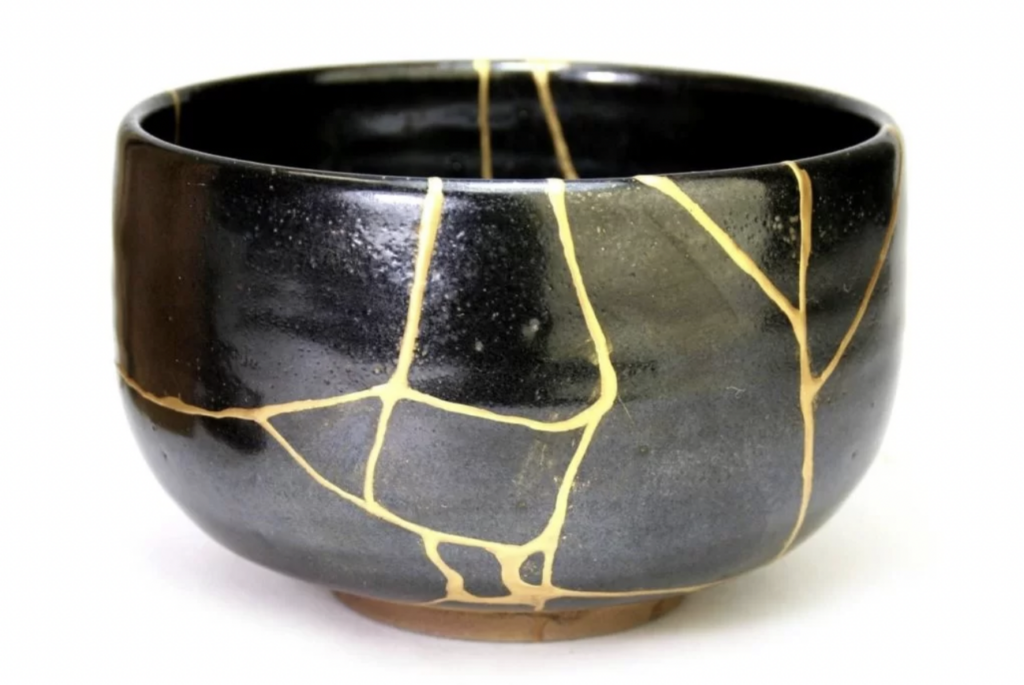
Human Kintsugi
Of course, people aren’t pieces of pottery. They are profoundly complex in their psychology. They have agency as individuals, not just as part of our whole.
But we need to remember that being a part of a good team is an important part of people’s meaning in work. And the team part isn’t something that spontaneously leapt into existence, even if it felt like it did.
The team had a purpose, a strategic function, and a design. Those things only make sense when we look at them collectively. When they smash and atomise, they get lost. But without standing back together and refreshing that design – and changing it if necessary – the whole will be lost. It can feel indulgent to stand back in a world of perpetual crisis, but it’s essential.
We need to rediscover our shared design.
The team had a rhythm, and a way of working. Now it’s quite likely that this rhythm was only partly thoughtful. It may have been a semi-accident of shared space and synchronised time. But the new one will have to be constructed, and it will have to be thoughtful. Most teams are wary of over-engineering the way they work together. But in a world of asynchronous projects, of intermittent co-location, intention of interaction is a fundamental.
We need to re-construct our bonds of interaction.
And perhaps more than anything, teams are suffering from a hundred tiny moments of confusion, of disregard, of personal friction unexpressed. It’s tempting to brush all of this under the carpet – to assume that as the pandemic recedes into the past everything will click back into gear. But that’s both untrue – and a missed opportunity to understand what doesn’t work.
We need to understand, and celebrate, our points of disconnection.
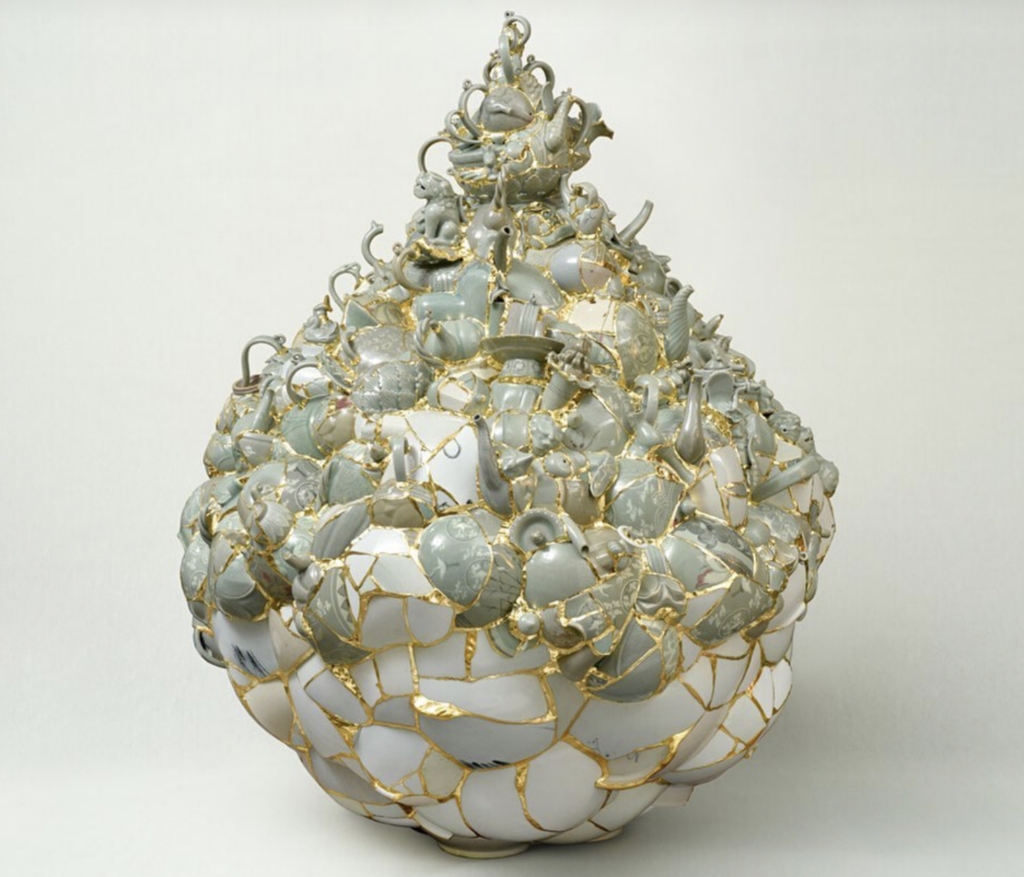
If you’d like our team to help your team rediscover their unified design, and create something more powerful than ever, please get in touch.
Hook Strategy helps organisations to move forwards with shared strategic clarity. If you are an organisation seeking unified thinking, get in touch at contact@hookstrategy.com or by calling +44 (0)7780 481717.

